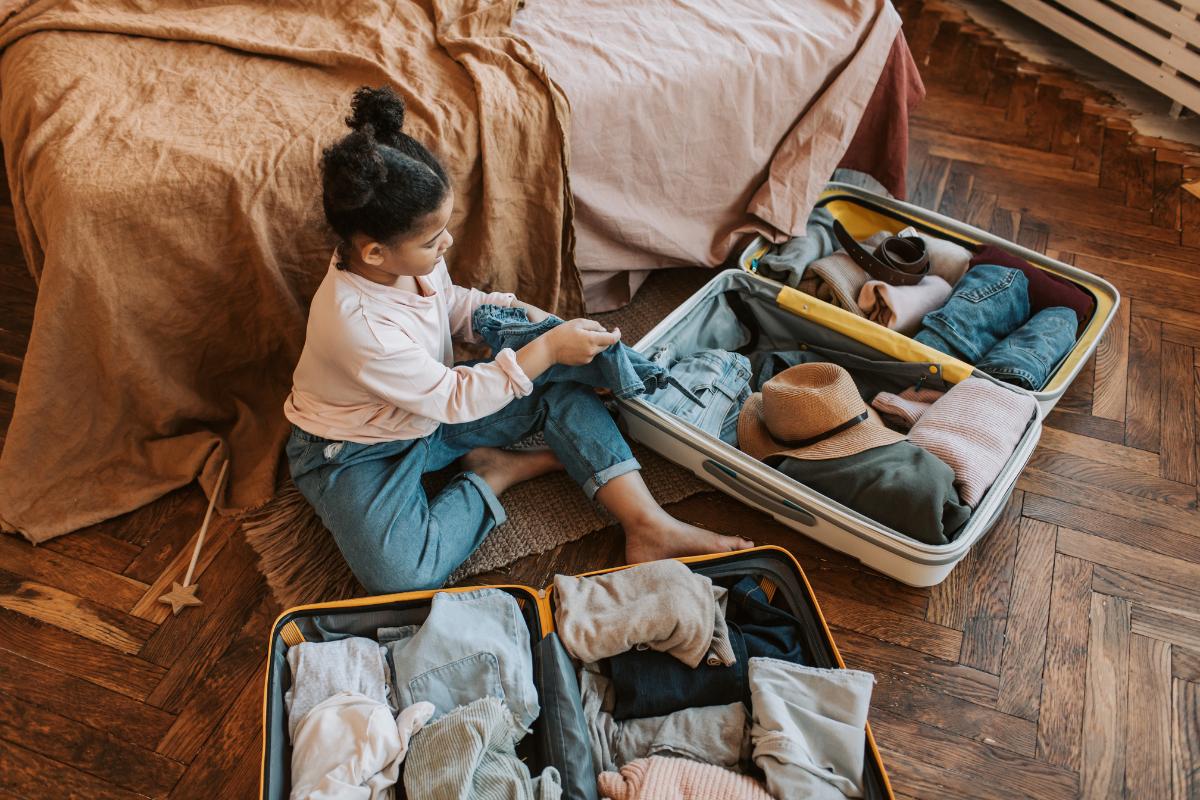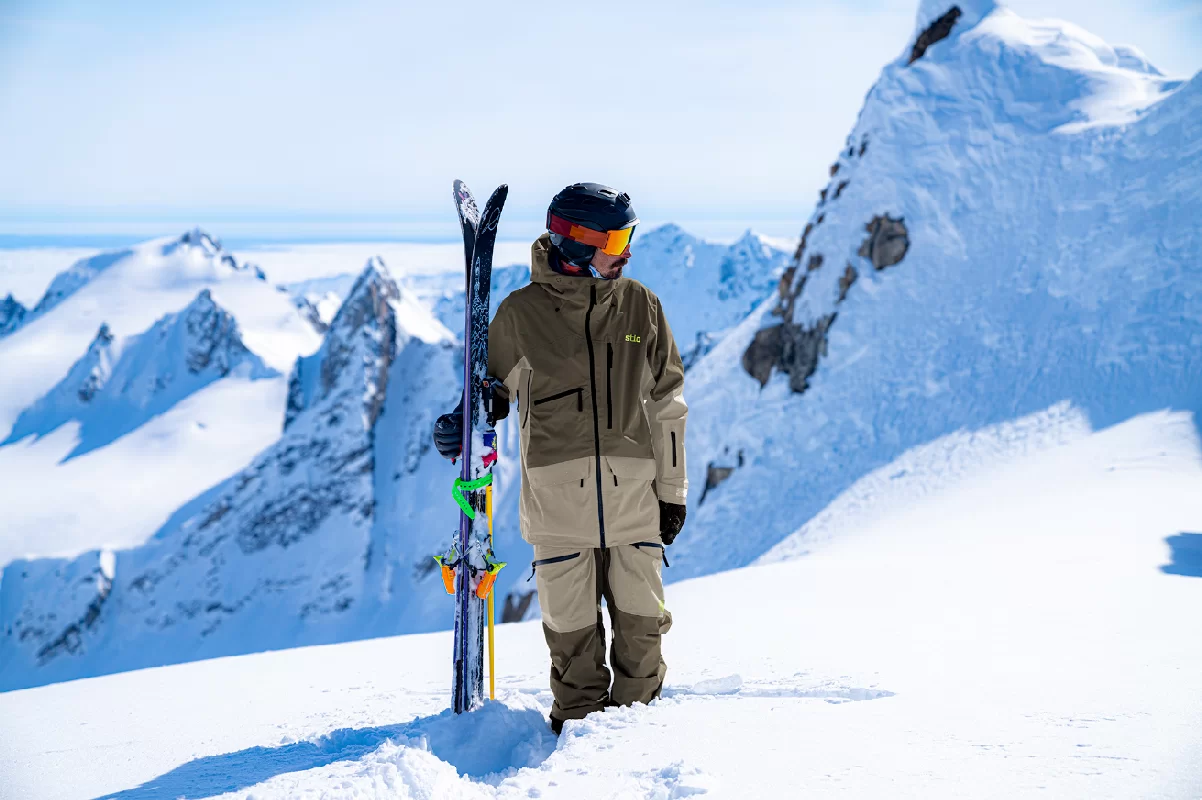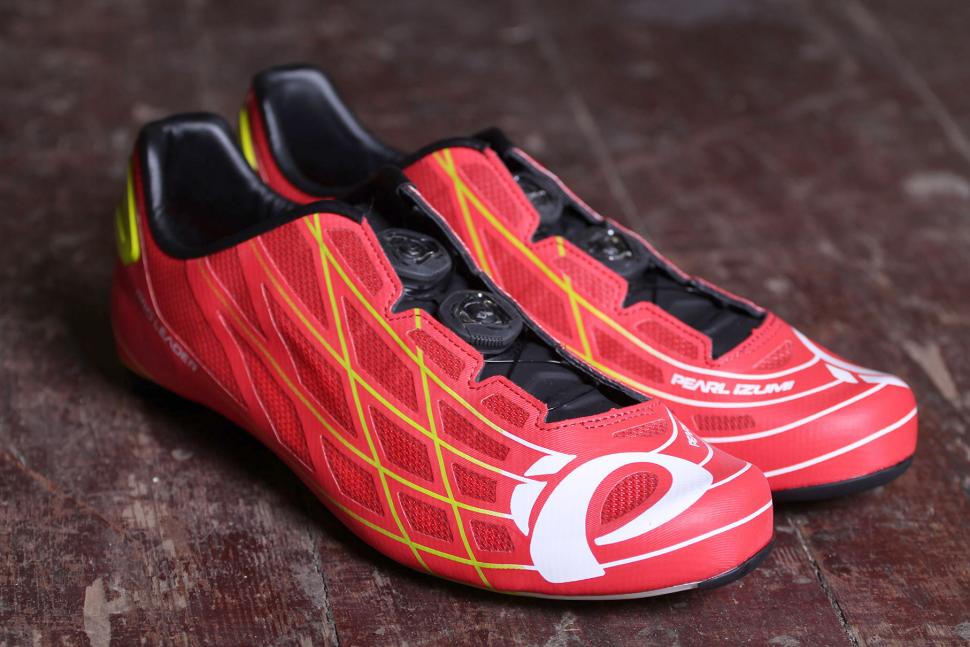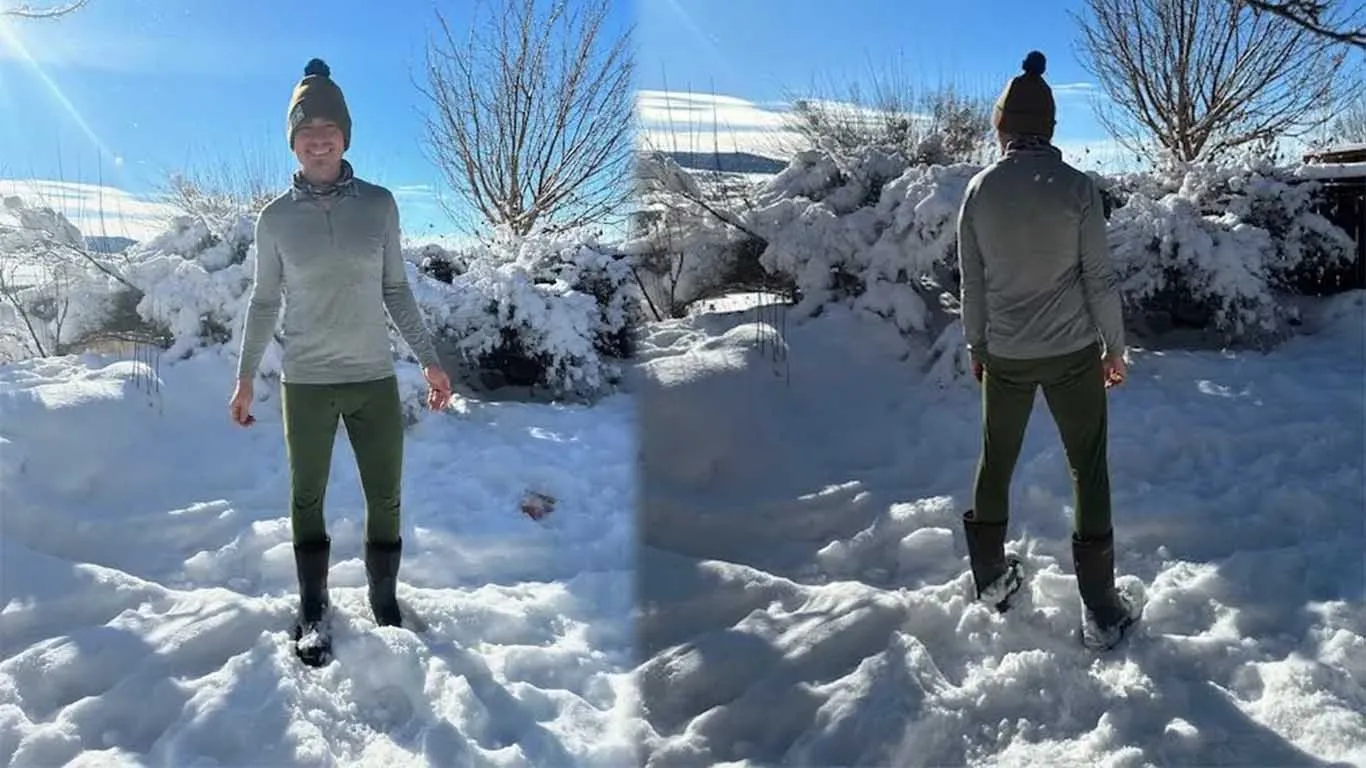Camping is a fantastic way for families to bond, explore nature, and create lasting memories. However, taking kids camping can present unique challenges that require careful planning and preparation. This guide will provide you with essential tips and strategies to ensure a fun and successful camping trip with your children, making it an enjoyable experience for everyone involved.
1. Choosing the Right Campsite
Selecting the right campsite is crucial for a successful family camping trip. Here are some factors to consider:
a. Location
Choose a campsite that is family-friendly and close to amenities. Look for campgrounds that offer:
- Restroom Facilities: Access to clean bathrooms can make a significant difference in comfort, especially for younger children.
- Proximity to Activities: Select a site near hiking trails, lakes, or parks that offer family-friendly activities.
- Safety: Research the safety of the area, including wildlife, weather conditions, and any potential hazards.
b. Type of Campsite
Consider whether you want to camp in a tent, RV, or cabin. Each option has its advantages:
- Tent Camping: Offers a traditional camping experience and is often the most affordable option.
- RV Camping: Provides comfort and convenience, with amenities like running water and electricity.
- Cabin Rentals: Ideal for families who want a more comfortable experience while still enjoying nature.
2. Involve Kids in the Planning Process
Getting kids involved in the planning process can help them feel more excited about the trip. Here are some ways to engage them:
a. Destination Selection
Allow your children to help choose the camping destination. Discuss different locations and the activities available at each site, such as hiking, fishing, or swimming.
b. Create a Packing List Together
Work together to create a packing list that includes essential items for everyone. This can teach kids responsibility and ensure that nothing important is forgotten.
c. Meal Planning
Involve kids in meal planning by asking for their input on favorite foods. Let them help choose simple, kid-friendly meals that they can assist in preparing.
3. Essential Gear for Camping with Kids
Having the right gear can enhance comfort and safety during your camping trip. Here’s a list of essential items to consider:
a. Family Tent
A spacious tent is crucial for a family camping trip. Look for features such as:
- Size: Choose a tent that can comfortably accommodate your family and gear. A tent with separate rooms can provide privacy and organization.
- Weather Resistance: Ensure it has a waterproof rainfly and adequate ventilation.
- Ease of Setup: Select a tent that is easy to pitch to make the setup process quick and hassle-free.
b. Sleeping Arrangements
Comfortable sleeping arrangements are essential for good rest. Consider:
- Sleeping Bags: Choose sleeping bags rated for the expected temperatures, ensuring they are lightweight and easy to pack.
- Sleeping Pads: Insulated sleeping pads provide comfort and insulation from the cold ground. Look for inflatable options that pack down small.
- Family Sleep Systems: Some families opt for larger sleeping bags or sleep systems designed to accommodate multiple people.
c. Cooking Gear
Cooking outdoors can be a fun family activity. Essential cooking gear includes:
- Camp Stove: A portable camp stove is ideal for quick meal preparation. Look for lightweight options that are easy to transport.
- Cookware: Lightweight pots, pans, and utensils make cooking and cleaning easier. Nesting cookware saves space in your pack.
- Cooler: A durable cooler will keep perishables fresh. Look for one with good insulation and a size that fits your family’s needs.
d. Safety and First Aid
Safety should always be a priority when camping with kids. Be sure to pack:
- First Aid Kit: A comprehensive first aid kit should include bandages, antiseptic wipes, pain relievers, and any personal medications.
- Multi-Tool or Knife: A multi-tool is handy for various tasks, from food prep to gear repairs.
- Firestarter Kit: Waterproof matches, a lighter, and tinder materials are essential for starting campfires safely.
4. Preparing Kids for the Outdoors
To ensure a smooth camping experience, prepare your kids for what to expect:
a. Teach Basic Outdoor Skills
Before your trip, teach your children basic camping skills, such as setting up a tent, starting a campfire, and respecting nature. This will help them feel more confident and engaged during the trip.
b. Discuss Safety Rules
Talk about safety rules, such as staying within sight, not wandering off alone, and respecting wildlife. Make sure they understand the importance of these guidelines.
c. Practice Outdoor Activities
If possible, practice outdoor activities together, like hiking or fishing, before the trip. This can help build excitement and familiarity with camping.
5. Engaging Activities for Kids
Keeping kids entertained while camping is essential for a successful trip. Here are some fun activities to consider:
a. Nature Scavenger Hunt
Create a scavenger hunt list with items found in nature, such as specific leaves, rocks, or animals. This will encourage kids to explore and engage with their surroundings.
b. Campfire Storytelling
Gather around the campfire in the evenings for storytelling or sharing family memories. This is a great way to connect and create lasting memories.
c. Hiking and Exploring
Plan age-appropriate hikes to explore the area. Choose trails that are manageable for the whole family, and encourage kids to help with navigation and spotting interesting wildlife.
d. Arts and Crafts
Bring along supplies for arts and crafts, such as colored pencils, paper, or nature journals. Kids can document their adventures or create artwork inspired by the scenery.
6. Food Planning and Preparation
Meal planning is a critical aspect of family camping. Here are some tips:
a. Easy-to-Prepare Meals
Choose simple meals that require minimal prep and cooking time. Some ideas include:
- One-Pot Meals: Dishes like chili, pasta, or stir-fry can be made in one pot for easy cleanup.
- Wraps and Sandwiches: Easy to prepare and customizable, wraps and sandwiches are great for lunches.
- Snacks: Pack plenty of snacks like trail mix, granola bars, and fruit to keep everyone energized.
b. Involve the Family
Get everyone involved in meal preparation and cooking. Assign tasks based on age and ability, such as washing vegetables, stirring pots, or setting the table.
c. Leave No Trace
Teach your family about Leave No Trace principles, including proper waste disposal and minimizing campfire impact. Bring trash bags and ensure everyone helps clean up the campsite.
7. Safety Tips for Family Camping
Safety should always be a priority when camping with family. Here are essential tips to keep everyone safe:
a. Set Ground Rules
Before heading out, establish ground rules for safety, such as staying within sight, not wandering off alone, and respecting wildlife.
b. Keep an Eye on Children
Supervise younger children closely, especially near water or in areas with wildlife. Designate a safe play area within the campsite.
c. Know Emergency Procedures
Familiarize yourself with emergency procedures for the area you are camping in. Know the location of the nearest hospital or ranger station and have a plan in case of an emergency.
8. Packing Smart
Efficient packing can reduce stress and enhance your camping experience. Here are some tips:
a. Create a Packing List
A packing list helps ensure you don’t forget essentials. Include items like clothing, toiletries, cooking gear, and entertainment options. Involve the kids in creating the list to teach them about preparation.
b. Use Packing Cubes or Bags
Packing cubes or bags can help keep your gear organized and easily accessible. Assign each family member their own bag for personal items.
c. Consider Weight and Space
When packing, be mindful of weight and space. Choose lightweight, compact gear to make transportation easier. Consider using dry bags for clothing and gear to keep them organized and dry.
9. Enjoying the Experience
While camping can be challenging, it’s also an opportunity to create lasting memories. Here are some tips for enjoying the experience:
a. Embrace Flexibility
Be prepared for changes in plans due to weather or other factors. Embracing flexibility can help reduce stress and improve the overall experience.
b. Disconnect from Technology
Encourage family members to disconnect from electronic devices and engage with nature and each other. This can enhance the quality of family time and create a more immersive experience.
c. Capture the Memories
Bring along a camera or encourage kids to keep a journal documenting their adventures. This can help preserve memories and foster creativity.
10. Conclusion
Camping with kids can be a rewarding experience that strengthens family bonds and fosters a love for the outdoors. By choosing the right campsite, involving your children in the planning process, and preparing for the journey ahead, you can create a fun and memorable adventure for the whole family. With a focus on safety, engaging activities, and quality time spent together, your family camping trip will be an experience to cherish for years to come. So pack your gear, plan your itinerary, and get ready for an unforgettable outdoor adventure! Happy camping!










